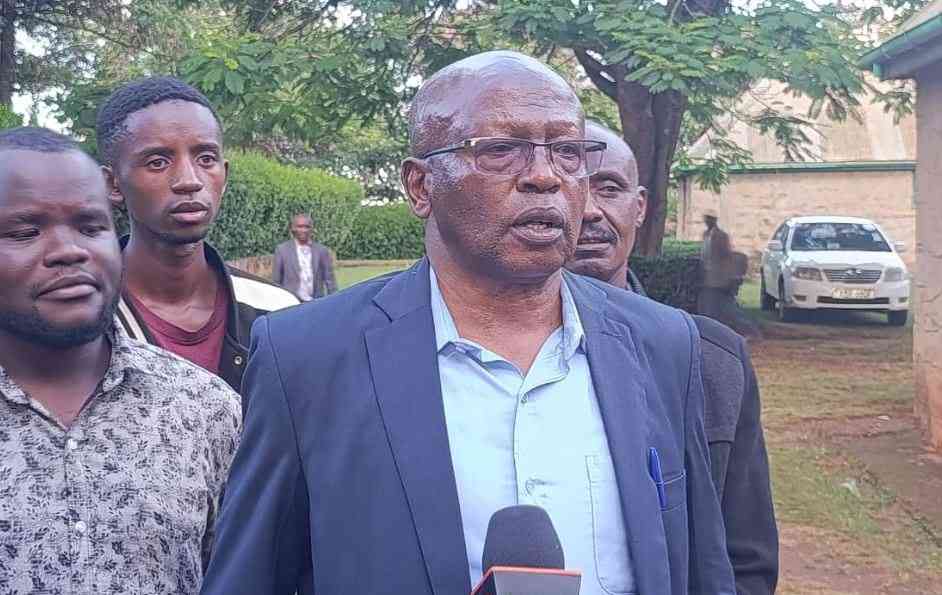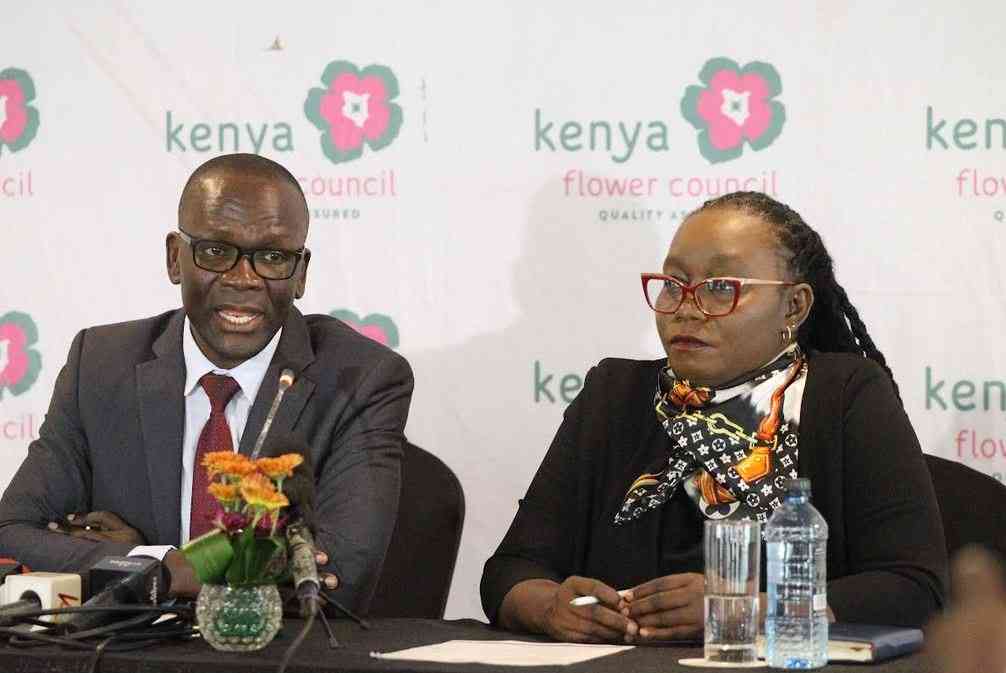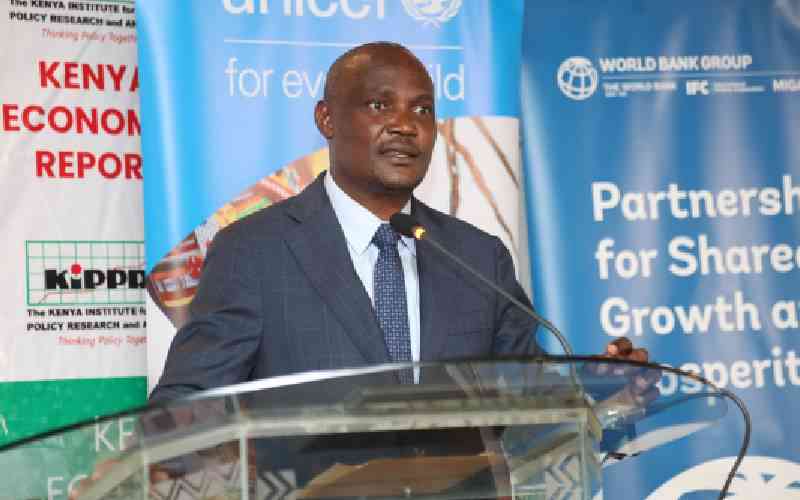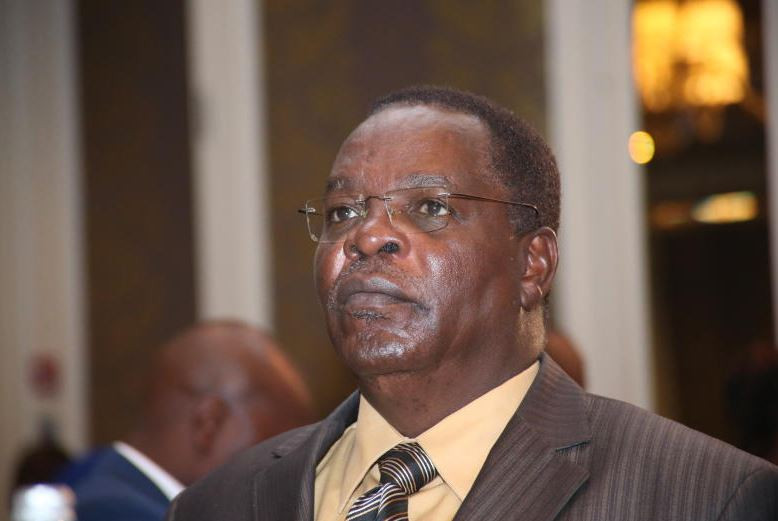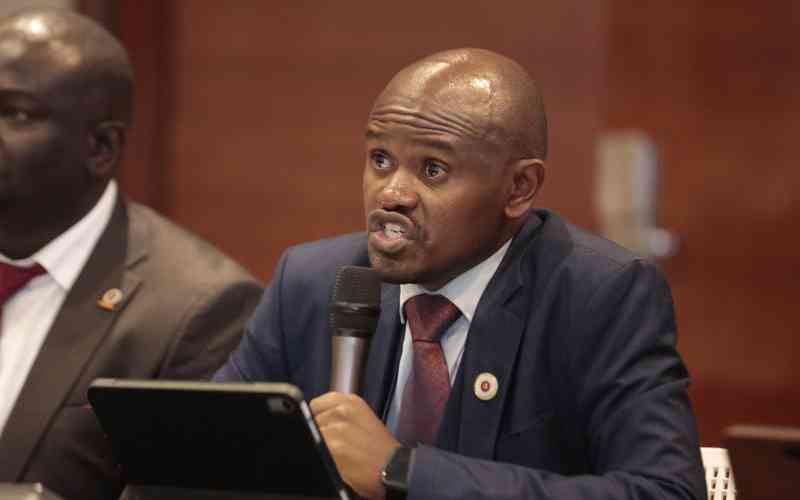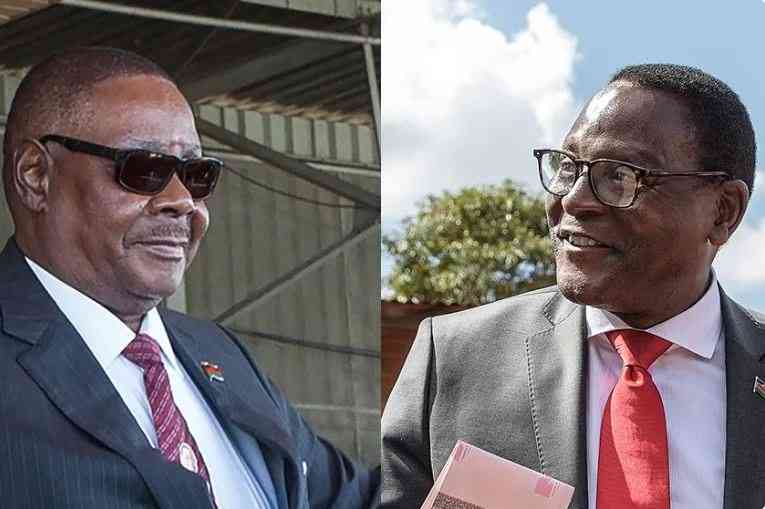
What an electrifying week it has been watching the Malawi elections. From the sidelines, it felt like a thrilling horse race between two veterans: Peter Mutharika and Lazarus Chakwera.
At the time of writing, both men were claiming victory, even before the electoral commission had officially declared results. As a Kenyan, I could not help but feel a mixture of fascination and frustration. Much of the political grapevine unfolded in Chichewa, Malawi’s national language, and while I admired the vibrancy of the exchanges, I missed out on the wit, the jokes and the full cultural flavour.
